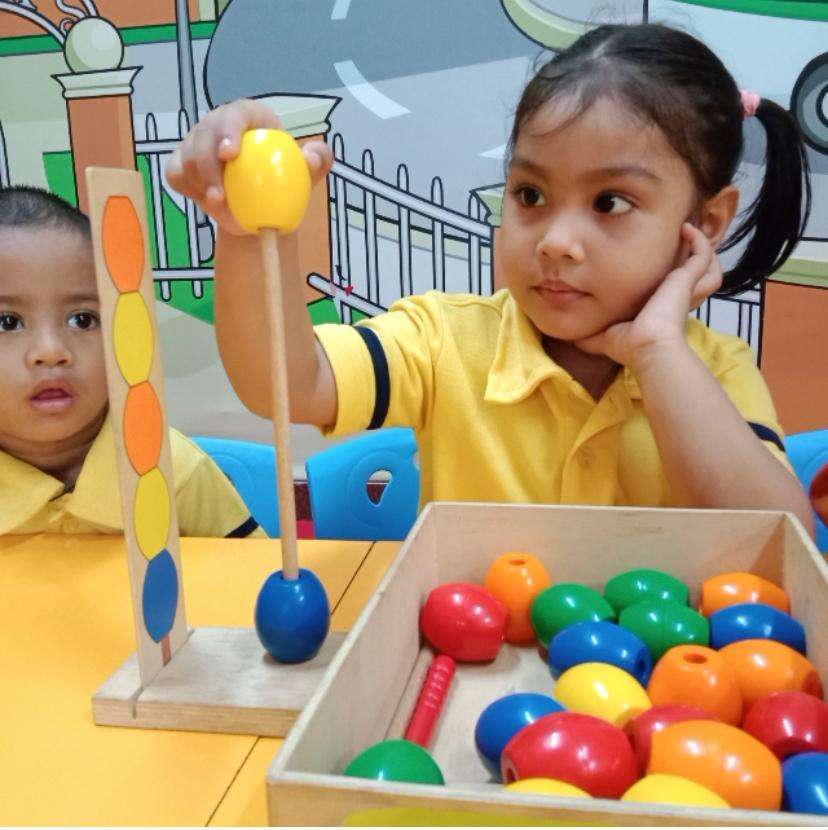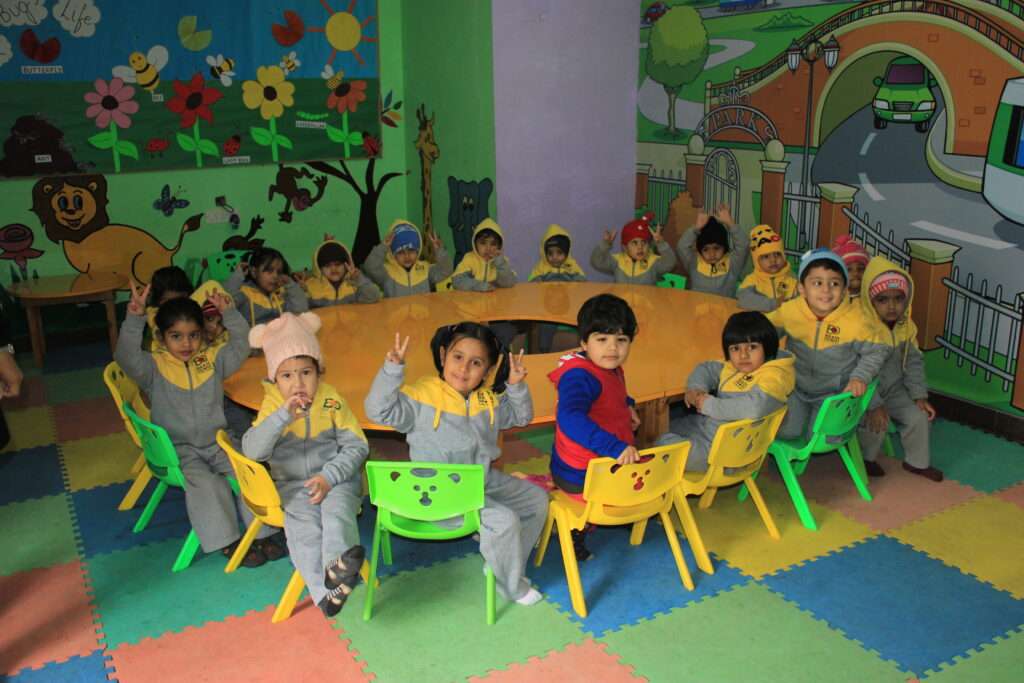
A child’s growth is greatly aided by early childhood education (ECE), which establishes the groundwork for success and learning throughout life. The experiences children receive throughout their first five years of life can have a substantial impact on their cognitive, social, and emotional development because this is a time when the brain develops quickly.
It is important to know ” What is Early childhood Education and Why is early childhood education important ?”
What is Early childhood Education?
The term “early childhood education” describes the formalised learning opportunities offered to kids under the age of eight.
During this crucial developmental stage, high-quality early childhood education (ECE) programs emphasise fostering
>a child’s intellectual capacity
> social capacity
> emotional capacities via play, discovery, and socialisation with peers and teachers.

Why is Early Childhood Education important
If you are a parent and is going to be the one the only thought first comes in mind is ” Will my child be able to gather knowledge from the starting and learning years of him/her? ” And for that it is essentially required to know about the what actually is
- Early childhood education
- the importance of early childhood education
- the benefits of the Early childhood education
Every parent wants that their child should be great in all parameters either academically, sports , co curricular activities etc. and these skills inculcate in children during their learning years which is the best age to start early childhood education i.e. from 3 to 5 .
- Children learn fundamental skills like reasoning, memory, and attention through practical experiences.
- Early exposure to a variety of learning settings fosters resilience, adaptability, and a love of learning in kids.
- Providing a solid basis for both education and adulthood.
- The impact of early childhood education is left on a child because it helps them learn and experience things from their youth, which instills positive habits and experiences for lifetime.
Mental Growth

For the development of the brain, the early years are crucial. Mental growth is the core role of early education in brain development. Programs for early childhood education offer engaging surroundings that promote investigation and learning.
Children who engage in problem-solving and critical thinking exercises lay a strong basis for their future academic success.
Social Proficiency
Through interaction with peers and adults, children in Early Childhood Education (ECE) programs develop vital social skills. They play together, practice sharing, and grow in empathy. Social connection is the major requirement that a child should inculcate in themselves and pre school education helps a child to go through activities.

School Readiness through early learning
This shows the importance of preschool education on kids. Research also shows that children who goes to Preschool for ECE has better understanding of things around them and they are academically sufficient. They are more ready for formal schools in today’s hustle and competive life.
Impact of early education on future success
- Child develop social and emotional skills in early childhood education
- They develop language usage for different occasions and places
- Cognitive and non cognitive skills for future success
- Develops a sense of creativity in them for longer run.
Role of early Education in brain development
Brain development and Cognitive development
A child’s early schooling helps lay the groundwork for their brain architecture, which has an impact on their behaviour, learning, and health in the future
Cognitive benifits of preschool education like
> Problem solving
> Imaginative play
> Critical thinking
> Open ended questions
helps in the holistic (360°) development of child which is in the National new education policy 2022

Skills development
Children can improve their memory, thinking, and logic skills by receiving an early education.
Language development
Language acquisition can be aided by early education, particularly if the kid often hears a second language spoken at home.
Conclusion
A child should be between the ages of three and six to be eligible for preschool admission known as the best age to start early childhood education. Importance of preschool education for kids is that children develop socioemotional abilities, lays a strong basis for future learning, and has been connected to better results for children’s mental health. To promote their growth, parents should, instead, spend quality time with their children and avoid enrolling them in preschool too soon.
Brain Discovery is running 45+ branches pan India, To buy a school franchise like – Pre-school, Play school, kindergarten, K-12 school. click on the link here
